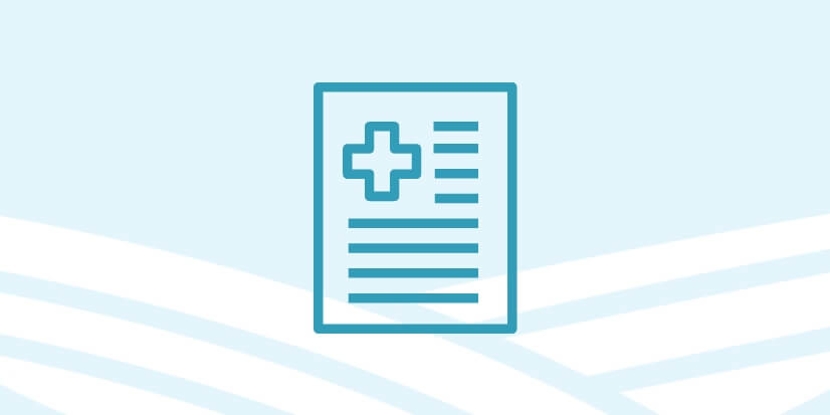Mental illness is common
- Category: Blogs
- Posted On:

Nearly one in five American adults live with a mental illness, but only half receive treatment, according to the National Institute of Mental Health. Similarly, one in five children (age 3 to 17) experience a mental disorder in a given year, which can include ADHD, behavior problems, anxiety, and depression.
With mental health issues affecting tens of millions of people, it is important to know what types of mental health professionals are available, their different areas of expertise and training.
The education and training of mental health professionals varies, according to the National Alliance on Mental Illness. However, the following healthcare professionals all offer mental health assessments, diagnoses, and therapy, and are able to prescribe behavioral health medications when appropriate:
Psychiatric-mental health nurse practitioners
These advanced practice nurses have a master of science in nursing degree (MSN) or a doctor of nursing practice degree (DPN). They are board certified in psychiatric nursing through the American Nurses Credentialing Center. Psychiatric-mental health nurse practitioners perform similar job duties as psychiatrists. They diagnose and treat anxiety, depression, schizophrenia, trauma, PTSD, substance abuse, and more.
Psychiatrists
Psychiatrists are licensed medical doctors (MD or DO) who have completed psychiatric residency training. They can subspecialize in children and adolescents, geriatrics, substance abuse, military, and forensics, among others. Their in-depth knowledge allows them to treat complex mental disorders.
Primary care physicians
Primary care physicians and pediatricians often work together with mental health specialists to determine the best treatment plan for an individual’s physical and mental health. They are either a doctor of medicine (MD) or doctor of osteopathic medicine (DO).
Family Nurse Practitioners
Family nurse practitioners (FNPs) are licensed providers with a master of science in nursing degree. They can provide general medical services like those of a primary care physician. FNPs and mental health professionals often work together to determine an individual’s best treatment plan.
Psychiatric Pharmacists
These are advanced-practice pharmacists who specialize in mental healthcare. They are skilled at medication management with additional training in child/adolescent psychiatry, substance use disorders, or geriatric psychiatry.
Other types of mental health providers include psychologists, social workers, pastoral counselors, and licensed professional counselors. They cannot prescribe medicine, though psychologists are able to do so in certain states.


